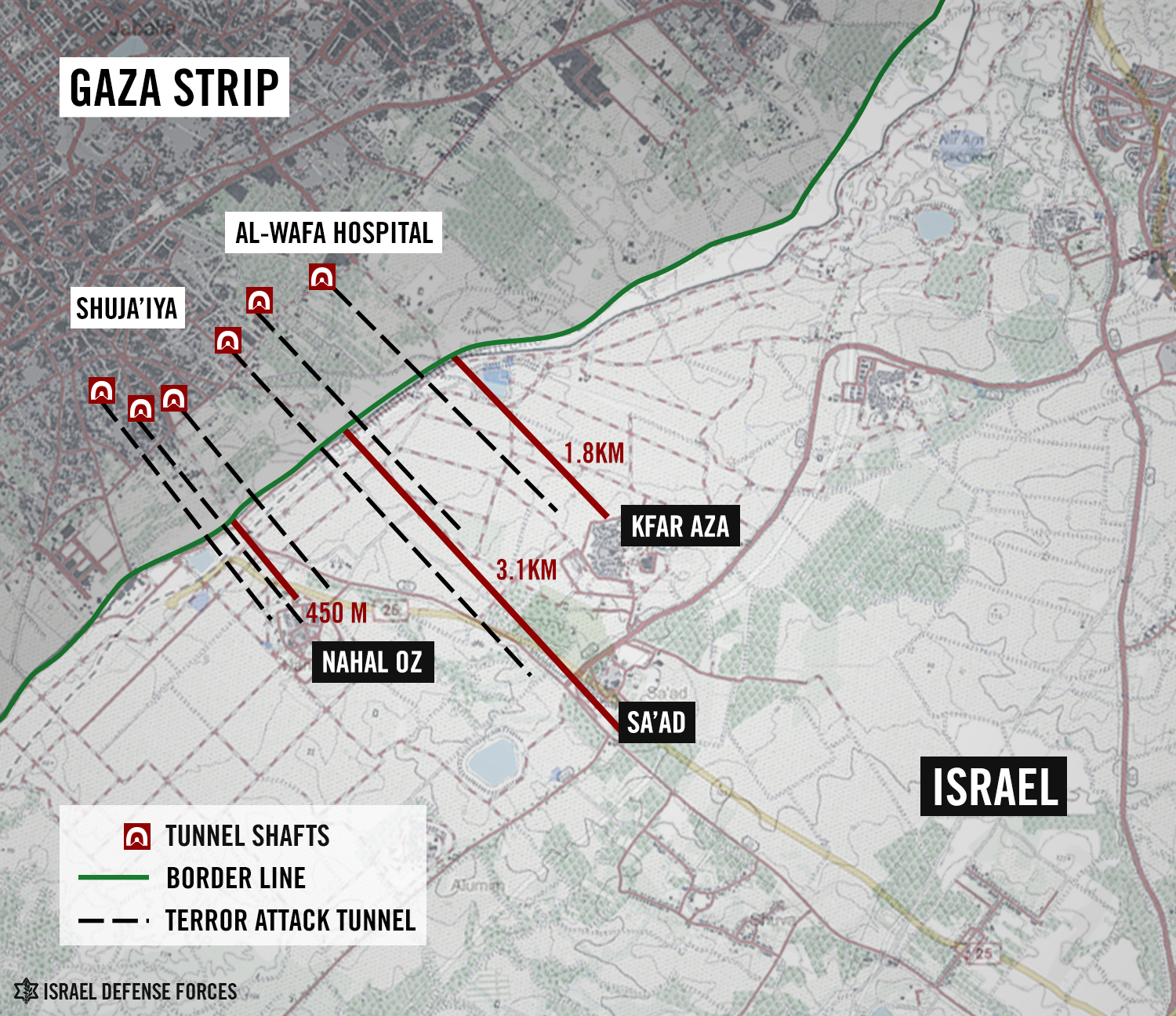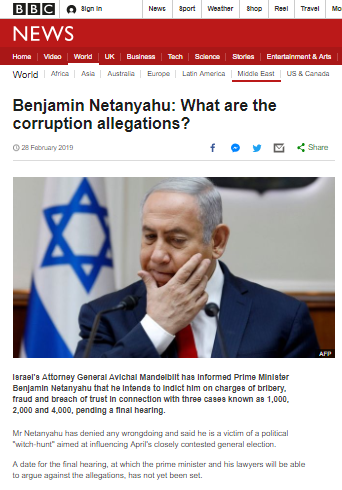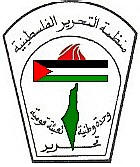Over the past two and a half years the BBC has produced numerous reports from or about the Gaza Strip district of Shuja’iya, many of which have focused on the topic of structural damage resulting from the summer 2014 conflict between Israel and Hamas while playing down the issue of the terror infrastructure in that neighbourhood. For example:
BBC’s Reynolds in Shuja’iya: still no reporting on what really happened
“This is the Shuja’iya neighbourhood and the destruction here is immense. Wherever you look buildings have been either hit or they’ve got bullet holes in them. Windows have been blown out and there is rubble all around me. Israel’s army says it went against this neighbourhood because it believed that Palestinian militants were digging tunnels from here to go across the border into Israel and that those militant groups led by Hamas were also carrying out rocket strikes from here.” [emphasis added]
BBC’s ‘reporter in the rubble’ theme gets its own feature
“One of the worst affected neighbourhoods was Shejaiya, near the eastern border, where the Israeli military says it targeted Palestinian militants and their tunnels.” [emphasis added]
Yolande Knell’s Gaza borders campaign continues on BBC Radio 4’s PM
“There’s a single bulldozer working to clear a path through an enormous pile of rubble in Shuja’iya in Gaza. The scale of destruction here is overwhelming. Last month this area was pounded with tank fire and airstrikes as the Israeli military said it set out to destroy a network of tunnels used by militants for cross-border raids and storing rockets. Dozens of local people were killed and thousands were left homeless.” [emphasis added]
BBC’s Lyse Doucet does ‘reporter in the rubble’ redux – part one
“Yes, it’s interesting they use the word ‘massacre’ because Israel calls it a targeting of military sites. But for the people here; so many died they do call it a massacre.” [emphasis added]
Concurrently, since the end of that conflict the BBC has produced little content of any value in contributing to audience understanding of the issue of Hamas’ reconstruction of cross-border attack tunnels.
BBC News sidesteps the real issues in Hamas tunnel collapse story
Tepid BBC reporting on discovery of Hamas cross-border tunnel
Patchy and selective BBC News reporting of Gaza border incidents
In April 2015 the BBC’s Middle East editor told audiences that:
“Israel has walled and fenced Gaza so Hamas opened up another front – underground.”
Jeremy Bowen also misled audiences with an inaccurate description of the purpose of the tunnels:
“Hamas says the tunnels were part of an active defence aimed at military targets.”
On December 7th Hamas announced the deaths of two of its operatives working in a tunnel in Shuja’iya about half a kilometer from the border with Israel. Additional operatives are apparently missing since the tunnel’s collapse.
“Two Hamas terrorists were killed while working on an attack tunnel intended for an infiltration from Gaza into Israel collapsed in the territory near the border with Israel, according to a statement issued by the group.
Gaza’s Health Ministry said another Palestinian was injured in the incident. Hamas said they were working in a “resistance tunnel.””
This latest evidence of Hamas’ efforts to reconstruct its terror infrastructure in civilian neighbourhoods has once again gone unreported by the BBC and audiences continue to be deprived of the full range of background information necessary for proper understanding of past or future Israeli actions in the Gaza Strip.
On the other hand, BBC News did find the time and the column space this week to ensure that its audiences were made aware of some short-lived “guerrilla artwork” in Tel Aviv.
Related Articles:
Examining Lyse Doucet’s claim that she reported new Hamas tunnels on BBC
BBC Gaza bureau’s Abu Alouf hides the Hamas tunnel elephant




